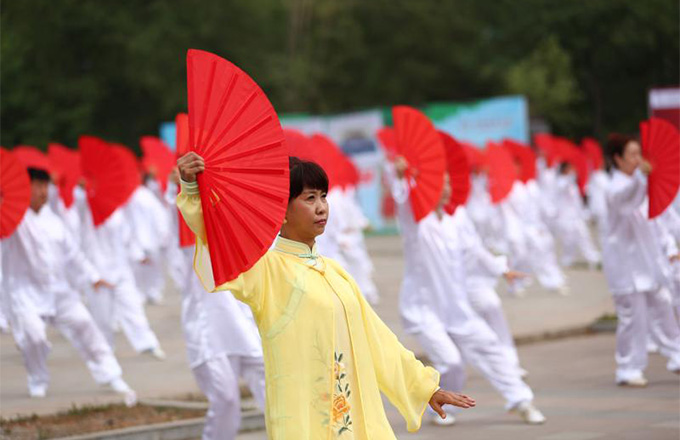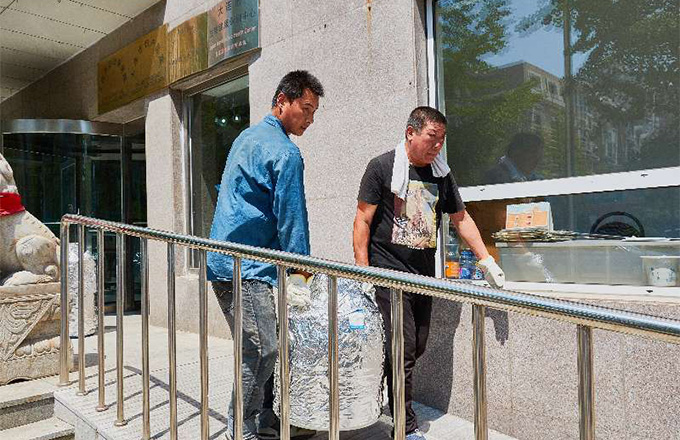Alert over harmful food and drugs sold on Chinese social media
Social media tools are being used to peddle fake or shoddy food and drugs in China due to a lack of regulation, posing a serious public health risk, experts have warned.
Social commerce — the sale of goods via services like WeChat, Sina Weibo and livestreaming sites — was worth an estimated 360 billion yuan ($53.6 billion) last year, according to the Internet Society of China.
"The sector is growing rapidly and already employs more than 15 million people," said Yu Lijuan, head of its social commerce division.
Most of the goods sold are cosmetics and beauty products. However, food and drugs make up about one-third of all sales, the society's data show.
Li Wen, a division director at the Beijing Municipal Food and Drug Administration, said some traders are taking advantage of a lack of regulation on marketing and selling fake or substandard products on social media, primarily WeChat, which has 800 million users.
The current food and drug safety laws only cover e-commerce platforms like Taobao, while social commerce remains off the regulatory radar.
"As communication on social media can be highly personal and private, it's hard to detect and regulate such cases. This poses a public health risk,"?Li said, adding that the powers of food and drug inspectors should be enhanced.
A division set up in 2015 to oversee food and drug safety online launched a cleanup campaign last year targeting the sale of botulinum toxin, a cosmetic substance that reduces wrinkles better known by the brand name Botox. Wen said most of these products are substandard and have not been approved by the FDA.
Police in Huaihua, Hunan province, also busted a gang producing and selling fake weight loss products on WeChat in June last year.
The gang had been illegally adding sibutramine — a stimulant used for weight loss — to products and marketing them as natural health food, according to the city's public security bureau. The products were sold to buyers in 10 provinces, with several cases of people being poisoned.
Yu Lijuan said the social commerce sector needs systematic management. The central government is still working on China's first law on e-commerce, she said, and "that law should also address social commerce".

























